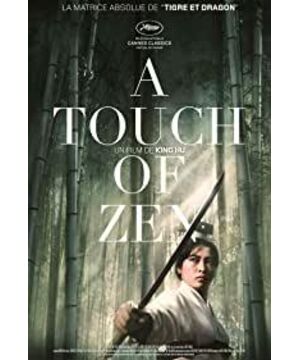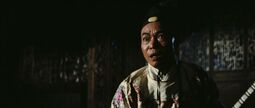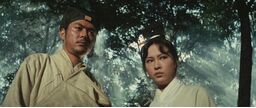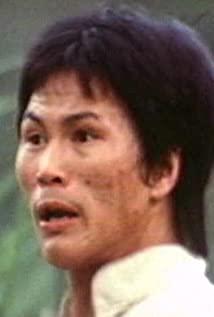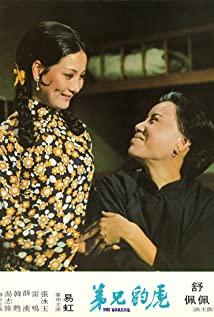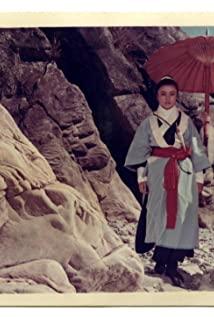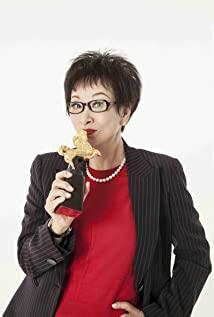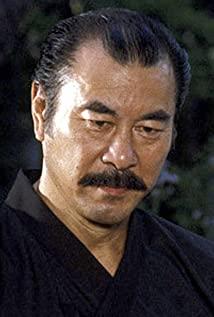This year's Cannes Classics section presents a restored version of the masterwork, four decades after its first appearance at Cannes. Pierre Rissient, who discovered the film at the time, took care of this touching story, which was later voted as "the greatest Chinese-language film of all time". In fact, "The Heroine" is an unusual movie that has been in the works for many years. When Hu Jinquan worked for the Shaw Brothers in Hong Kong, although generally tepid, he made the stunning "Golden Phoenix" (1965) that revolutionized the martial arts film. He then went to Taiwan and directed "Dragon Inn" in 1967 (a restored version of the film was also released in France on August 12). This new production environment gives Hu Jinquan more freedom as a director, and he can be more artistically refined. The commercial success of "Dragon Inn" further gave him more creative space. So everything was in place to start making a film of unprecedented scale, allowing Jinquan Hu (he just turned 40), at the pinnacle of his accolades, to show off his aesthetic and narrative prowess on a budget. The importance of this program cannot be overstated. It is worth mentioning that the set in the center of the ancient city was specially built for the filming of this film, and it was planned to be used as a permanent studio for the film company: the construction of the scene, plus the process of waiting for the moss to grow and the fortress to weather naturally, took a long time. more than a year.
View more about A Touch of Zen reviews


